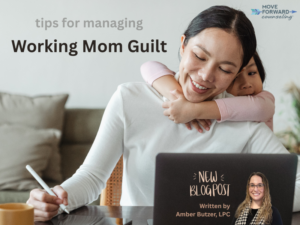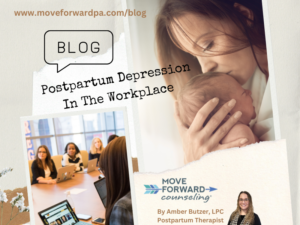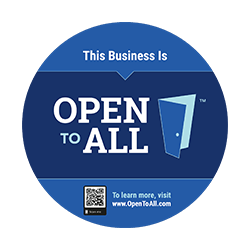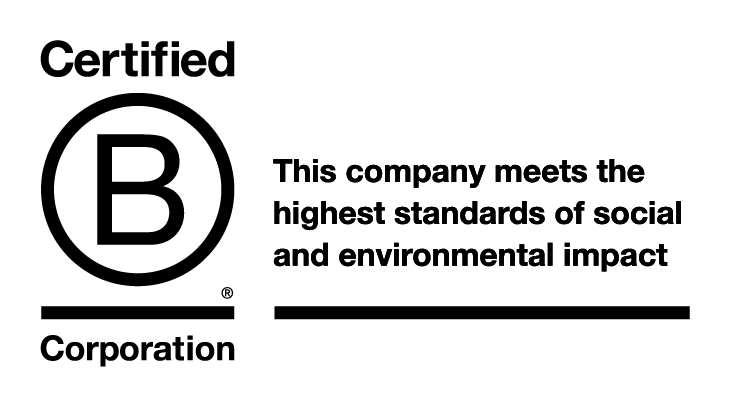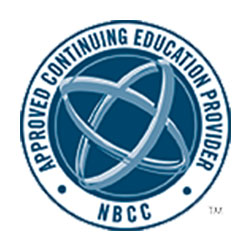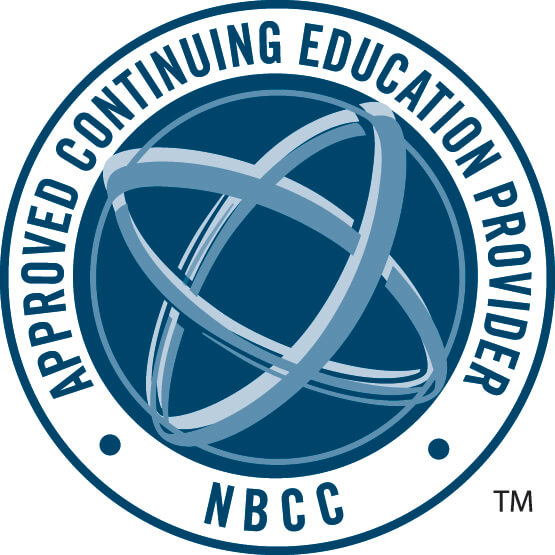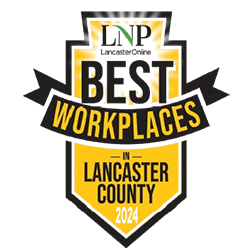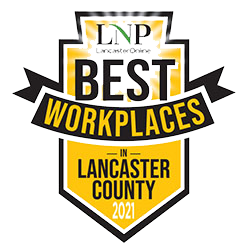Back-to-school is an exciting time for teachers but this year you may be feeling more anxiety than year’s past. There is still so much uncertainty surrounding health protocols with the Covid-19 pandemic and quarantine requirements. If you didn’t teach in person last year you may also be struggling with how you are going to engage and help your students through this ever-changing time.
If you are a teacher who is also a parent you may be faced with other issues than your classroom—child care, helping your child through anxieties and fears, and making the right choices for your family.
Self-care, self-care, self-care
If you are struggling with anxiety as you return to the school environment, remember to first take care of yourself. Self-care is always important but even more so in times of high stress. Recognize when you might need a break and take it. Check in with yourself regularly. Make sure you are meeting your basic health needs so that you can operate at your best. Get enough sleep, eat healthy, exercise/move in some way each day, and give yourself grace. This is a challenging time—you will have good days and bad ones.
Establish Boundaries
There is so much work to do it can be hard to know when to turn off and unplug but it is so important. You need a start time and end time for your workday. Set strict office hours and stick to them. Turn off computers or emails so they aren’t alerting your devices at all hours of the day. Don’t feel the need to respond to emails the second they come in.
Parents will be emailing you when they have the time, which may be at 10 p.m. That doesn’t mean you have to respond at 10 p.m. If you do you are demonstrating to families that you are always available, which shouldn’t be the case. To take care of yourself and your family you need some work/home separation. You need time to breathe and take a break.

Aim to be Proactive Instead of Reactive
It is a lot more stressful to be reactive to problems than to have already prepared for them in some way. Brainstorm some potential problems that could occur in the classroom —close contacts, children arguing over masks, keeping things clean, missed supplies, social anxiety, etc. then work to come up with possible solutions ahead of time. Maybe stock up on extra sanitizer or wipes, have some disposable masks in place, plan some team/social building activities to start the school year, etc. Obviously, you can’t plan for everything but having some of the tools you might need in place will make things easier.
Organize Your Environment
If you know where everything is in your classroom, and you can quickly teach students where they can find supplies, everyone will be calmer. Proper organization helps things to run smoother and keep learning environments more conducive to actual learning. Even though your mind might feel cluttered and overwhelmed at the start of the school year, do your best to make lists and get things in order before students enter the classroom.
Be a Model for Your Students
Just as you are struggling, so are many of your students. Transitioning from online learning back to in-person learning is going to come with its fair share of challenges. Even if you feel like screaming on the inside do your best to display positive behaviors in your classroom. The more positive, calm, and happy you come across the better your students will react.
Learn some healthy coping tools for times of stress that you can pass on to your students. Breathing techniques, mindfulness, and art therapy can all be helpful tools for your toolbox.
Give yourself and your students grace
This year is not going to be perfect (is any year ever?!). We are all going through a lot of changes and have a lot of emotions. If you or your students make mistakes try to give some grace. You are going to get through this challenging time together.

Communicate, communicate, communicate
Parents are going to have a lot of questions and concerns this year. Be open with parents, send regular email updates, and tell them about your plans. The more clear you are on what is happening in the classroom, the less stress for you and parents overall.
Communicate with your superiors about your concerns and struggles so you can work together to mitigate any issues before they get out of control.
Get help
If you are struggling with coping techniques and your mental health consider seeing the help of a licensed mental health professional. A counselor or therapist can teach you the tools to care for yourself and others.
Ready to begin counseling in Pennsylvania?
Our professionally-trained and licensed counselors have openings. Just call our office at 717-462-7003×1 and speak to our administrative assistant to get started to feeling better. You can get the tailored help you need right now. We are here for you.


